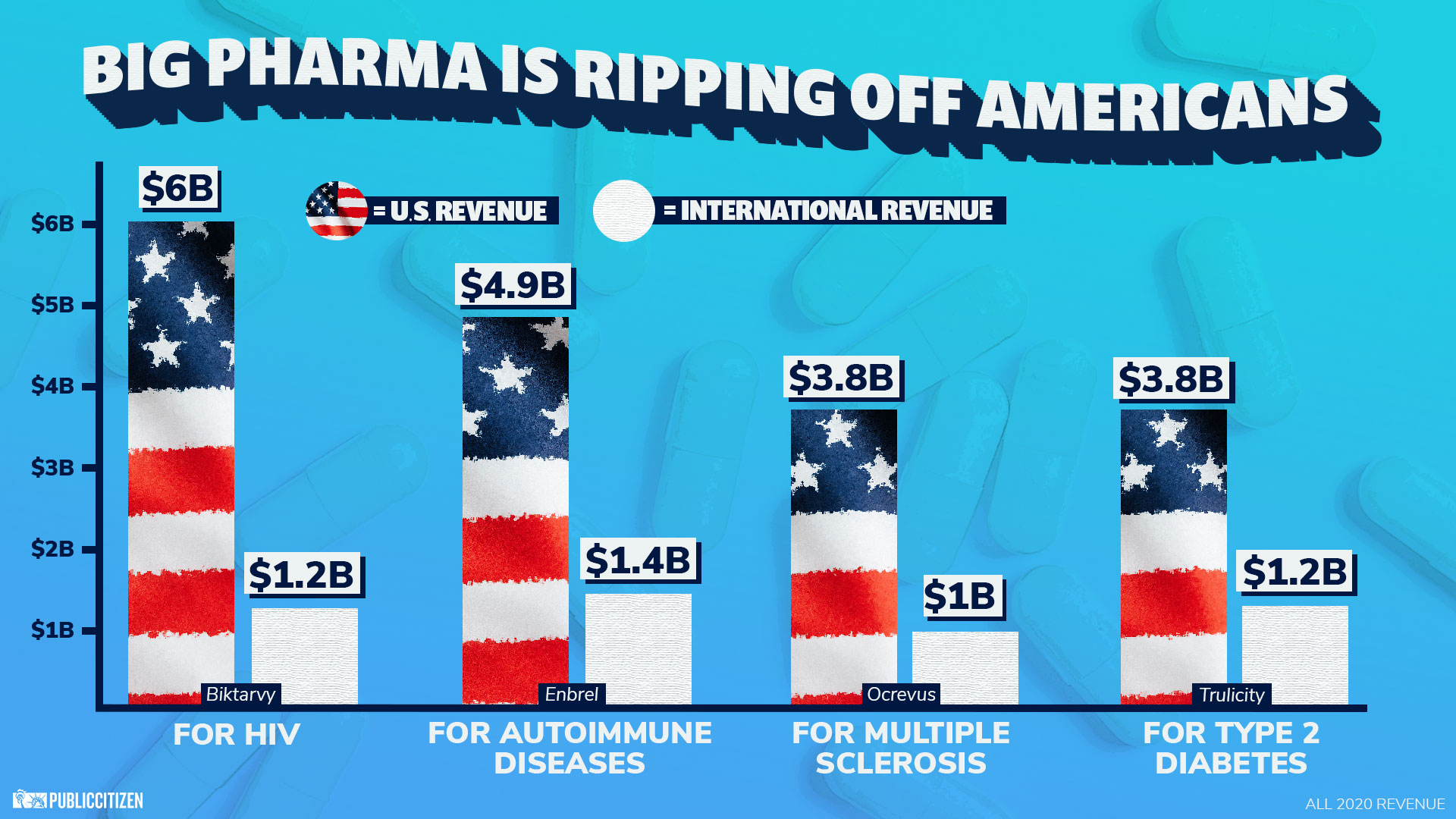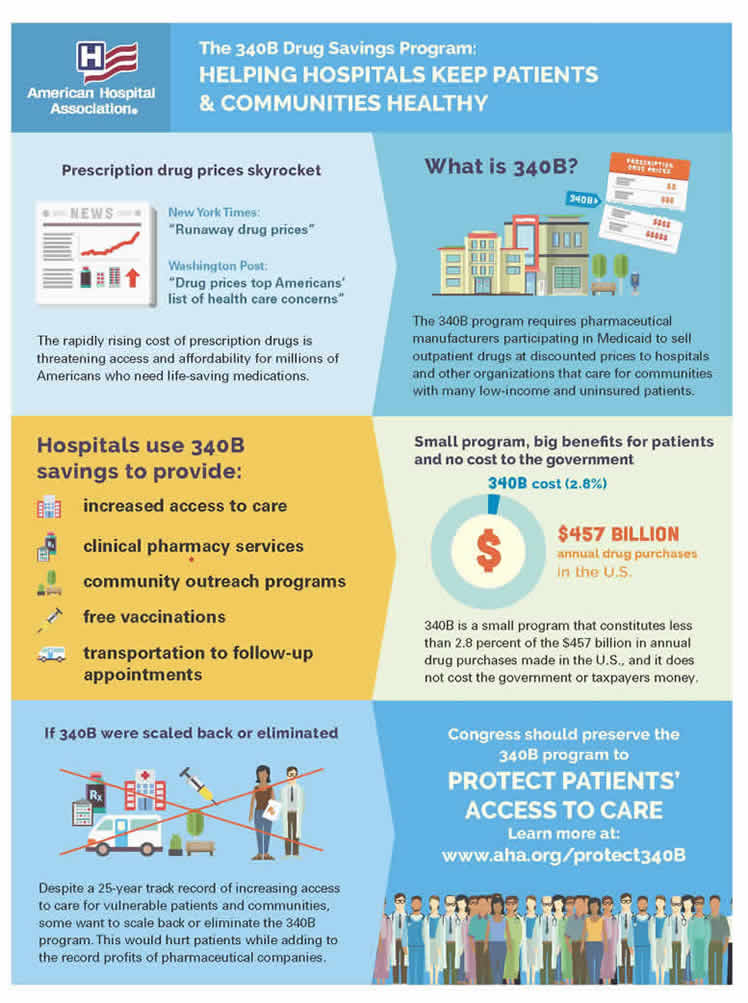Trump claims the US has the right to destroy boats and kill passengers on the high seas if he suspects they are doing something bad
Mary Ellen O'Connell, University of Notre Dame
 |
| The moment before an alleged drug boat was hit in a targeted U.S. strike. @realDonaldTrump/Truth Social |
But as an expert on international law, I know that line of argument goes nowhere.
Even if, as the U.S. claims, the 11 people killed in the Sept. 2, 2025, U.S. Naval strike were members of the Tren de Aragua gang, it would make no difference under the laws that govern the use of force by state actors.
Nor does the fact that protests from other nations in the region are unlikely, due in large part to Washington’s diplomatic and economic power – and Donald Trump’s willingness to wield it.
Protest is not what proves the law. Unlawful killing is unlawful regardless of who does it, why, or the reaction to it. And in regard to the U.S. strike on the alleged Venezuelan drug boat, the deaths were unlawful.Domestic U.S. legal issues aside – and concerns have been raised on those grounds, too – the killings in the Caribbean violated the human right to life, an ancient principle codified today in leading human rights treaties.
Killing in war and peacetime
The International Covenant on Civil and Political Rights is one such treaty to which the United States is a party. Article 6 of the covenant holds: “Every human being has the inherent right to life. This right shall be protected by law. No one shall be arbitrarily deprived of his life.”Through rulings of human rights and other courts, it has been well established that determining when a killing has been arbitrary depends on whether the killing occurred in the context of peace or armed conflict.
Peace is the norm. And in times of peace, government agents are only permitted to use lethal force to save a life immediately. The United Nations’ Basic Principles on the Use of Force and Firearms by Law Enforcement Officials reinforce this peacetime right-to-life standard, noting “intentional lethal use of firearms may only be made when strictly unavoidable in order to protect life.”
The principle is also supported by the fact the U.S. has bilateral treaties regarding cooperation in drug interdiction. The Coast Guard has a series of successful Maritime Law Enforcement Agreements – known as Shiprider Agreements – with nations in the Caribbean and elsewhere. They commit U.S. authorities to respecting fundamental due process rights of criminal suspects. Such rights obviously do not include summary execution at sea.
Bypassing these bilateral and international treaties to dramatically blow up a ship not only violates law, but it will, I believe, further undermine trust and confidence in these or any other agreements the U.S. makes.






















